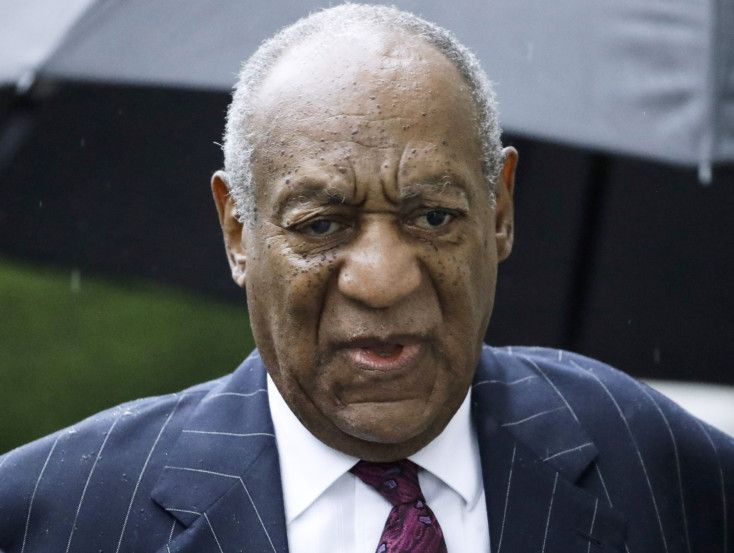Comedian Bill Cosby has filed a lengthy appeal of the sex assault conviction that landed him in prison, complaining the testimony of five other accusers was “strikingly dissimilar” to the pending felony charges and should not have been aired in court.
The appeal challenges Judge Steven O’Neill’s view that the women’s testimony showed “chilling similarities” and pointed to a “signature” crime.
The 81-year-old Cosby has been serving a three- to 10-year prison term since September at a state prison near Philadelphia. His insurance company this year recently settled lawsuits filed by at least eight other women who had accused Cosby of sexual misconduct and, in most cases, defamation.
The appeal, filed in Pennsylvania Superior Court, attacks Cosby’s conviction on a number of grounds that have been central to the case, and argued repeatedly, since his December 2015 arrest. The defence has long argued that any testimony from other accusers would unfairly stack the deck against Cosby, given that he was never charged in those cases. Cosby’s lawyers have also complained that many of the accounts are decades old, and nearly impossible to defend.
And they say the five women who testified to bolster the prosecution case at Cosby’s retrial last year alleged different types of sexual contact than Andrea Constand did.
They also said O’Neill should have stepped down over an alleged feud with a former prosecutor who had declined to charge Cosby when Constand first went to police in 2005.
And they said the jury should not have heard Cosby’s 2006 deposition testimony from Constand’s civil case, in which he talked of getting Quaaludes in the 1970s to give women before sex. That testimony, unsealed after a decade, led a new district attorney to reopen Constand’s police complaint and ultimately charge Cosby.
Cosby’s conviction came after a storied, 50-year entertainment career in television, film and comedy, and he’d earned the moniker America’s Dad through his top-ranked sitcom, ‘The Cosby Show.’
Camille Cosby called her husband “one of our great American treasures,” and said his appeal was important for all “wrongfully convicted of a crime, without any proof.”













